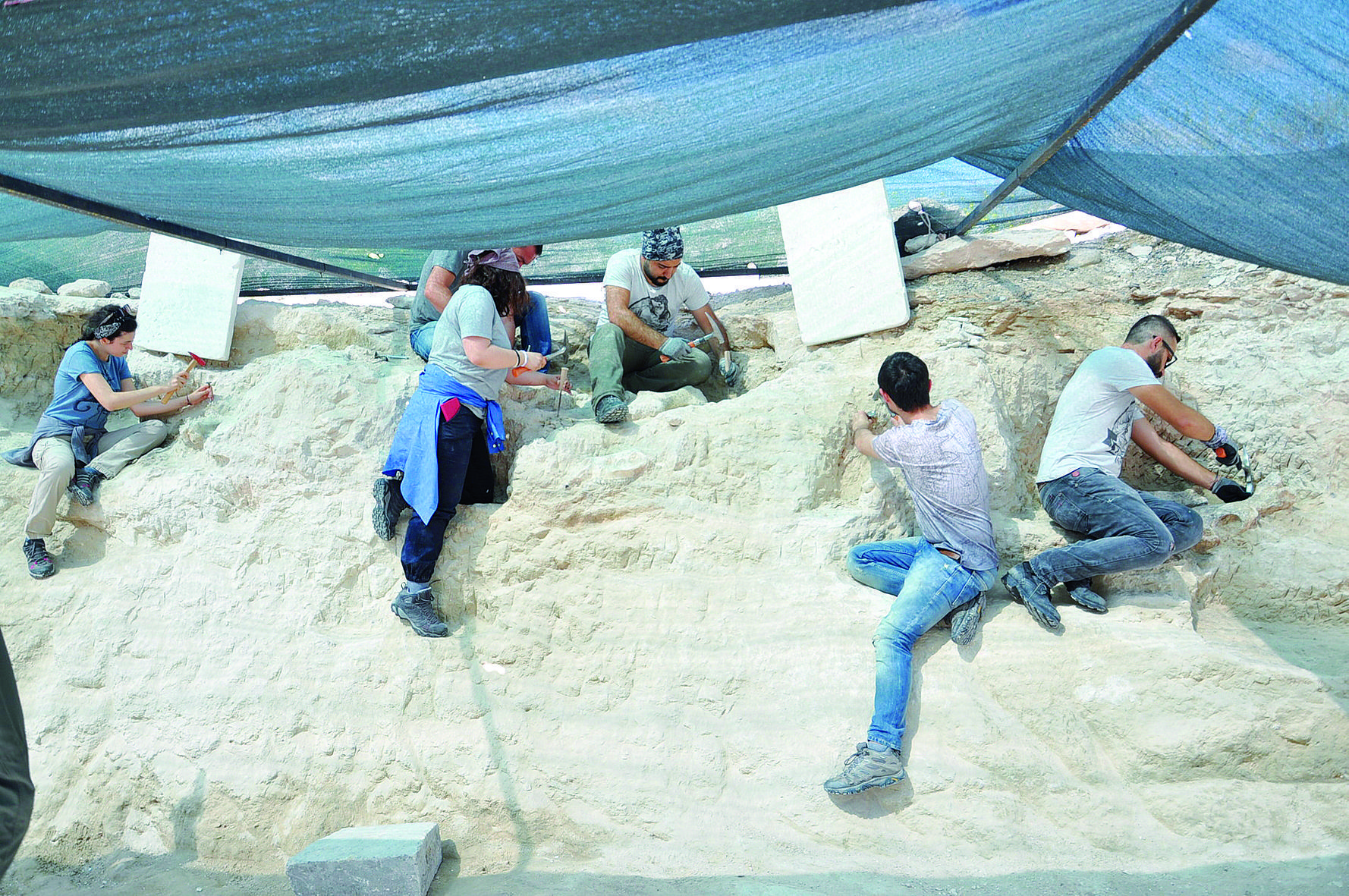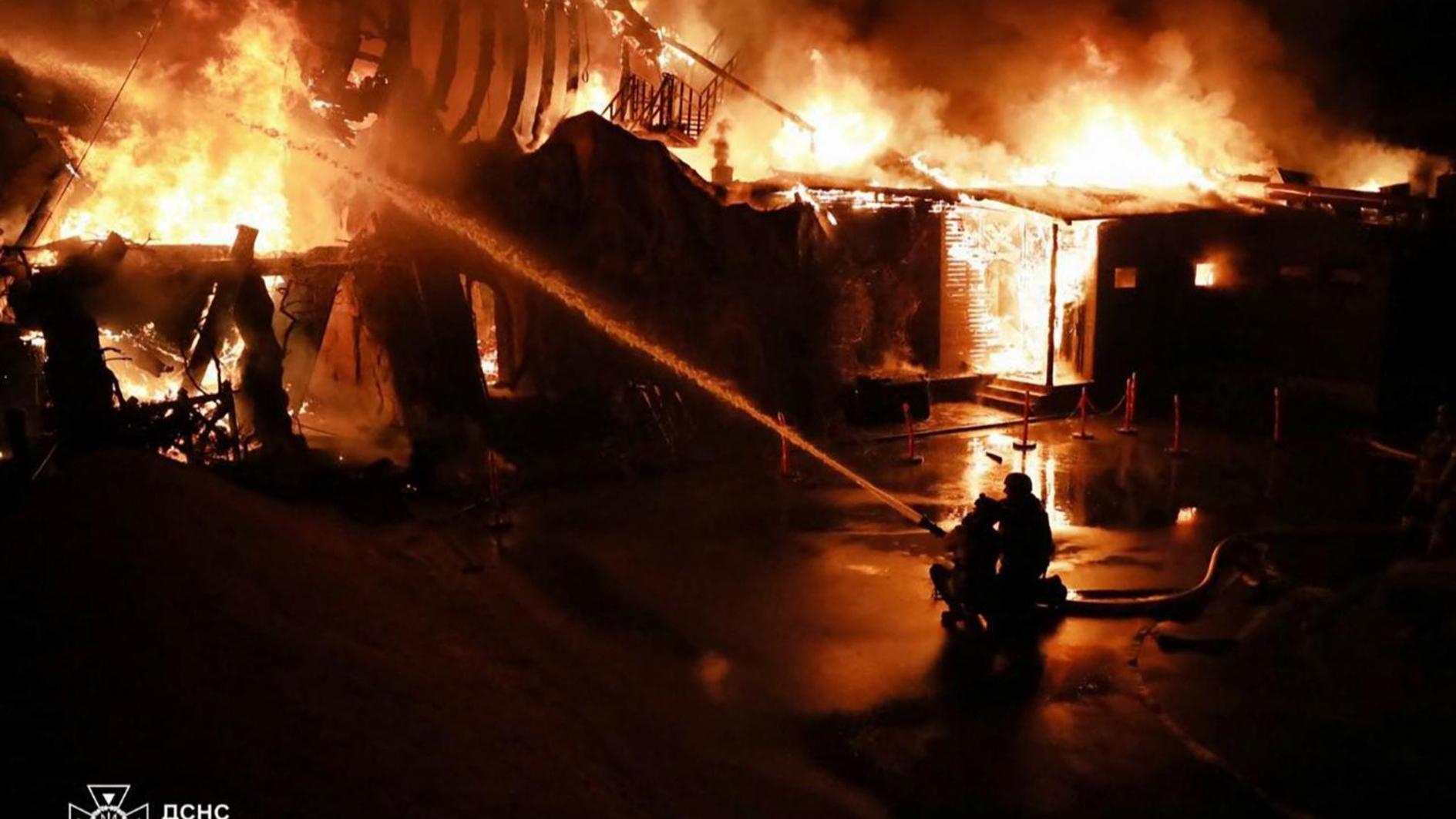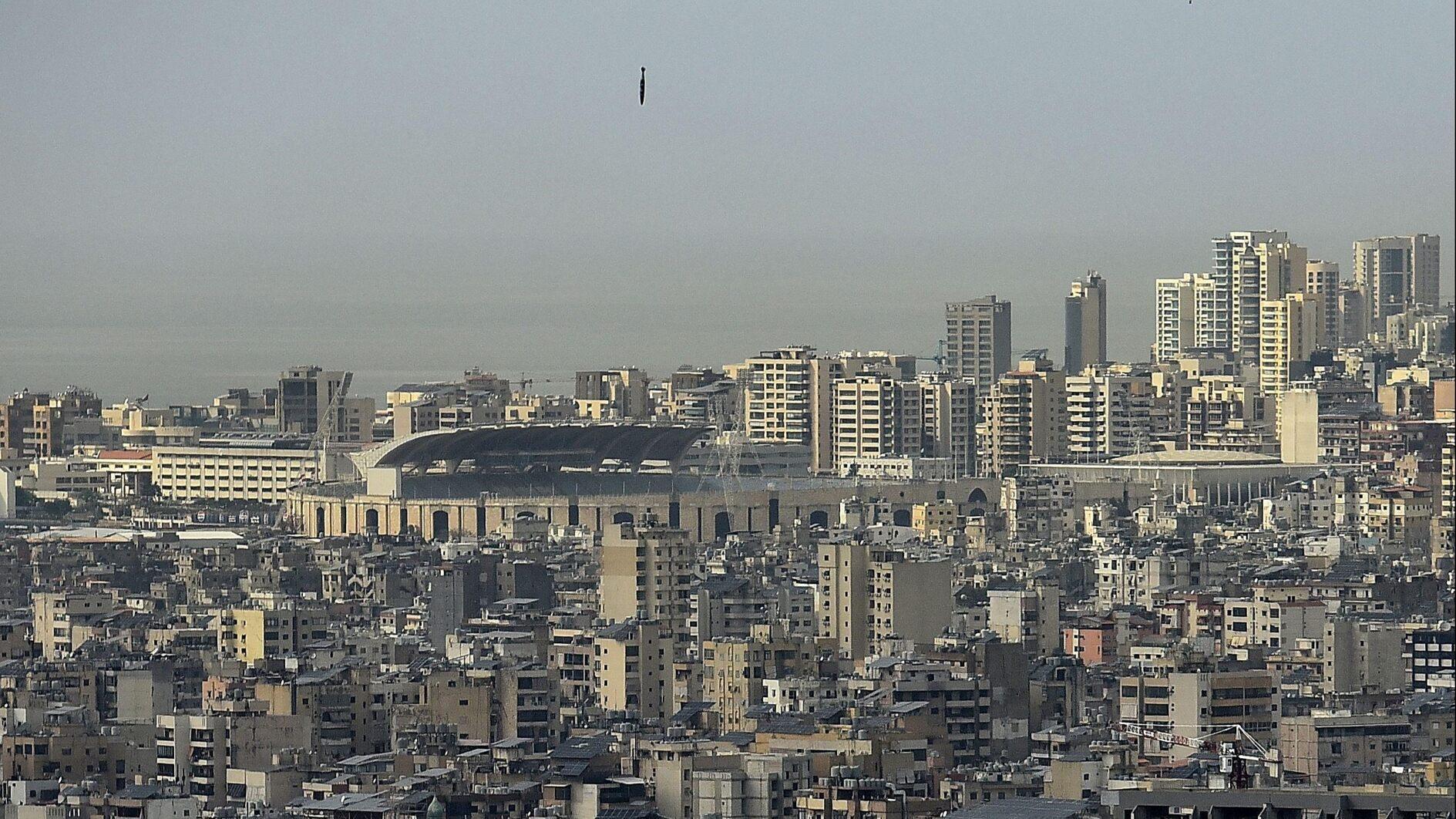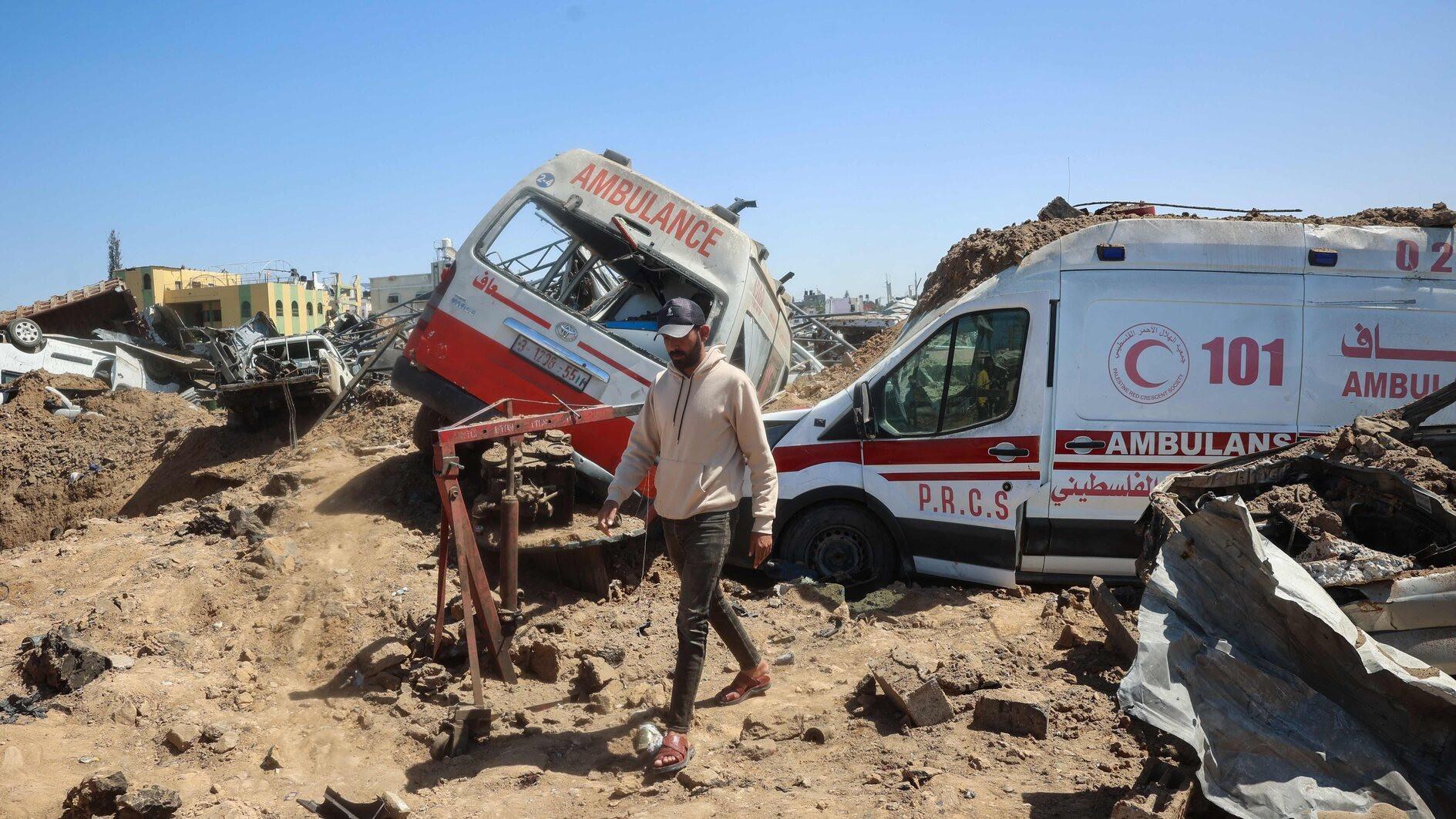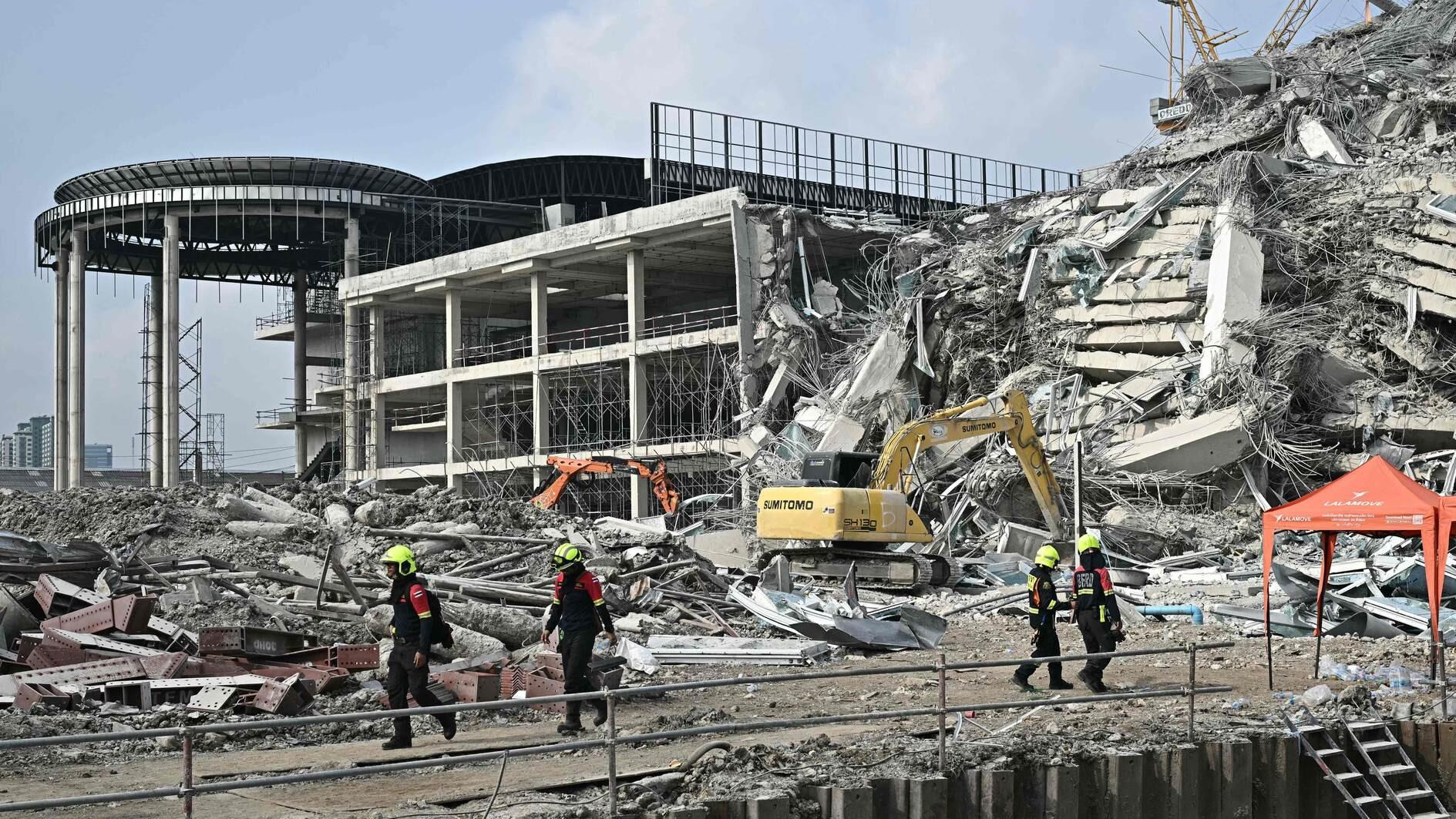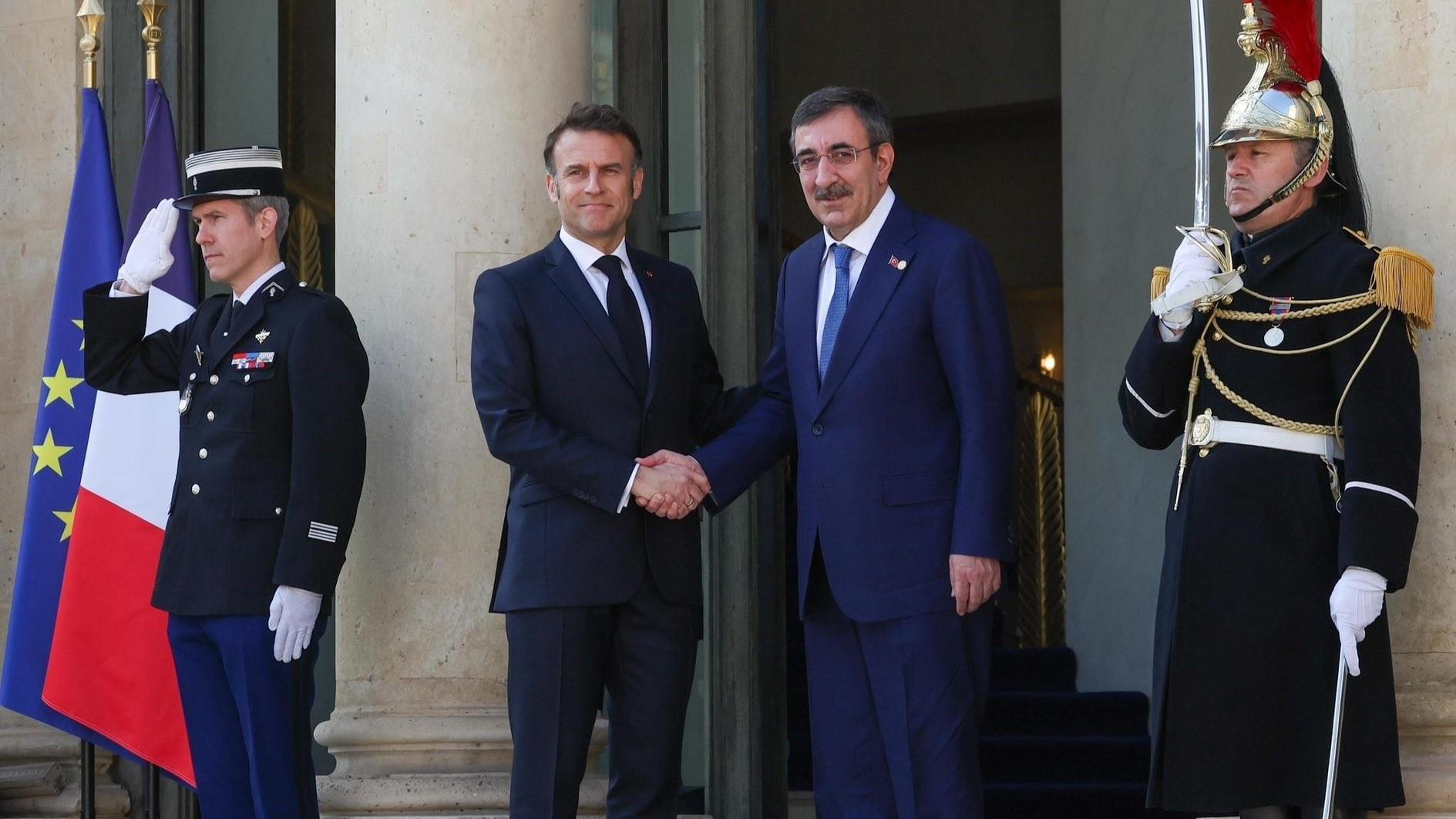Fossils in Cappadocia to live on in geo-park
NEVŞEHİR – Anadolu Agency
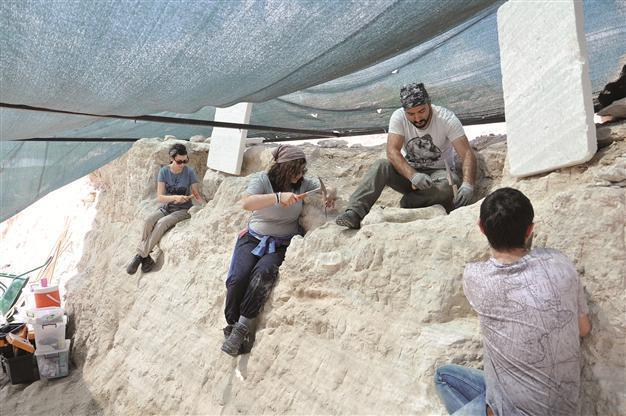
AA Photos
A geo-park is set to be built in Cappadocia to display fossils that were unearthed during construction by the Housing Development Administration (TOKİ) last year in the Central Anatolian province of Nevşehir’s Gülşehir and Ürgüp districts.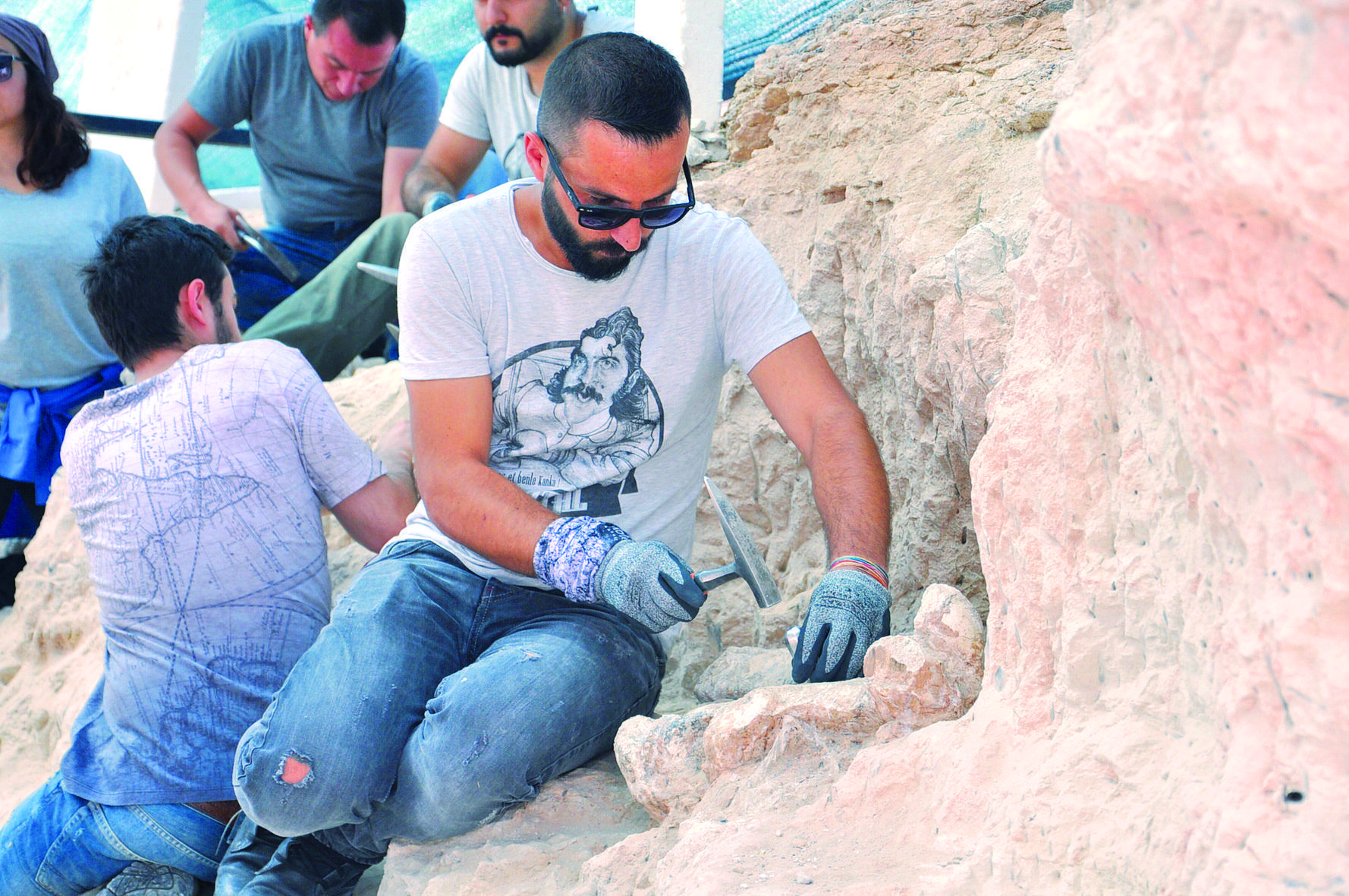 “This bed dates back nearly 9 million years ago. We have so far unearthed the fossils of horses, oxen, rhinos, giraffe, elephant, pigs and other small cattle,” said Gazi University Archaeology Department Professor Okşan Başoğlu, who is supervising excavations on the area, adding that a three-footed horse had even been found in the area.
“This bed dates back nearly 9 million years ago. We have so far unearthed the fossils of horses, oxen, rhinos, giraffe, elephant, pigs and other small cattle,” said Gazi University Archaeology Department Professor Okşan Başoğlu, who is supervising excavations on the area, adding that a three-footed horse had even been found in the area.Başoğlu said the Nevşehir and Ürgüp region was home to a rich fossil bed and that they would start working on a topographic map to build a geo-park.
“The geo-park project’s center will be Gülşehir and Ürgüp. The beginning spot of the work will be Gülşehir because we have a very important geo-site here. The first bed of the River Kızılırmak is in Tuzköy, dating back 3 million years ago. It can be seen with the naked eye. It should especially be protected,” she said.
Başoğlu said a team of 13 people had started to search for fossils in the Yaylacık area. “This fossil bed was found last year during TOKİ’s road construction. We initiated salvage excavations but then we saw that the bed extended to the right and the left; it was impossible to rescue it,” she said.
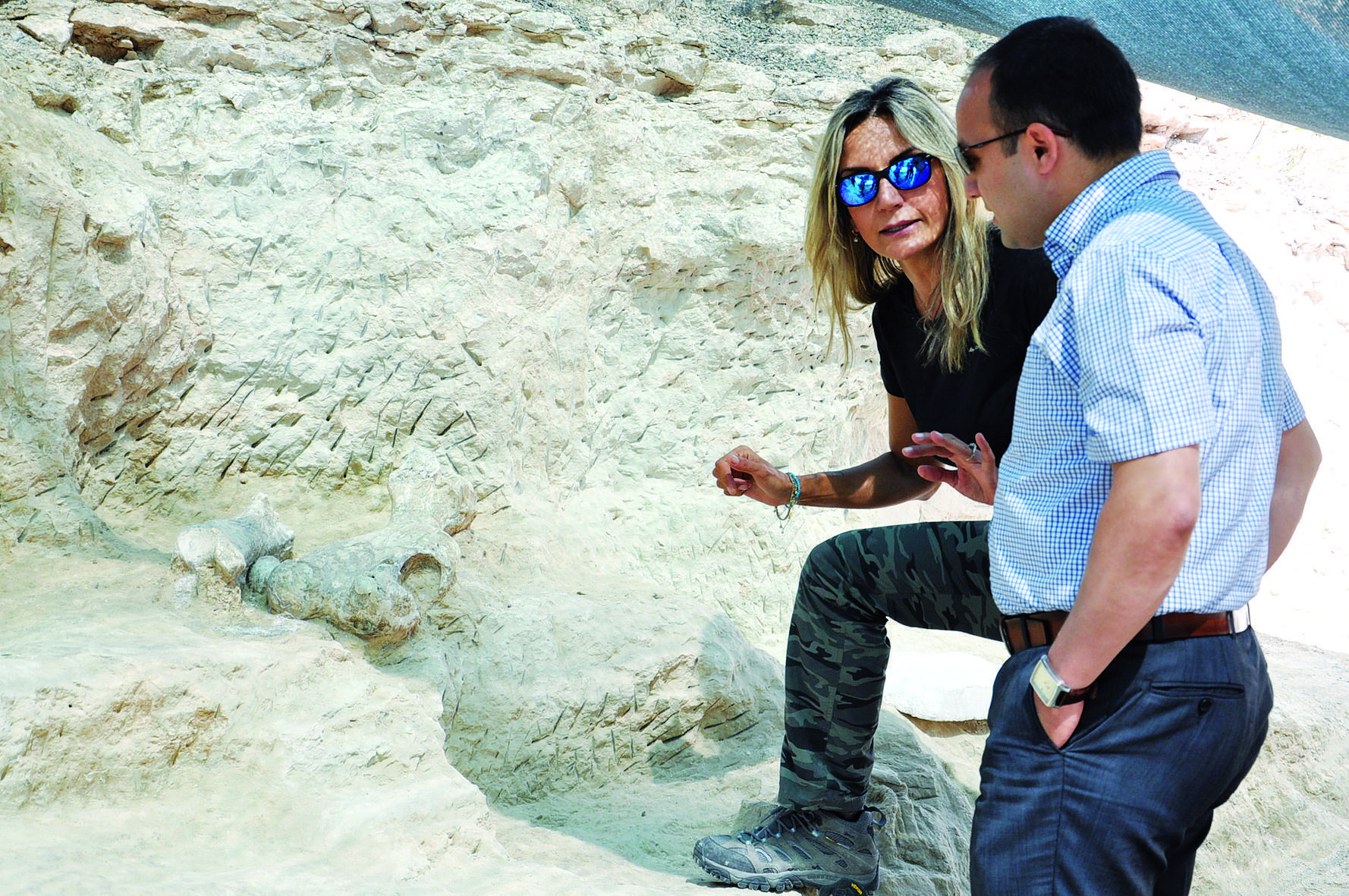
Başoğlu said the region was home to a rich fossil bed and that the region’s climate was once similar to that of Africa.
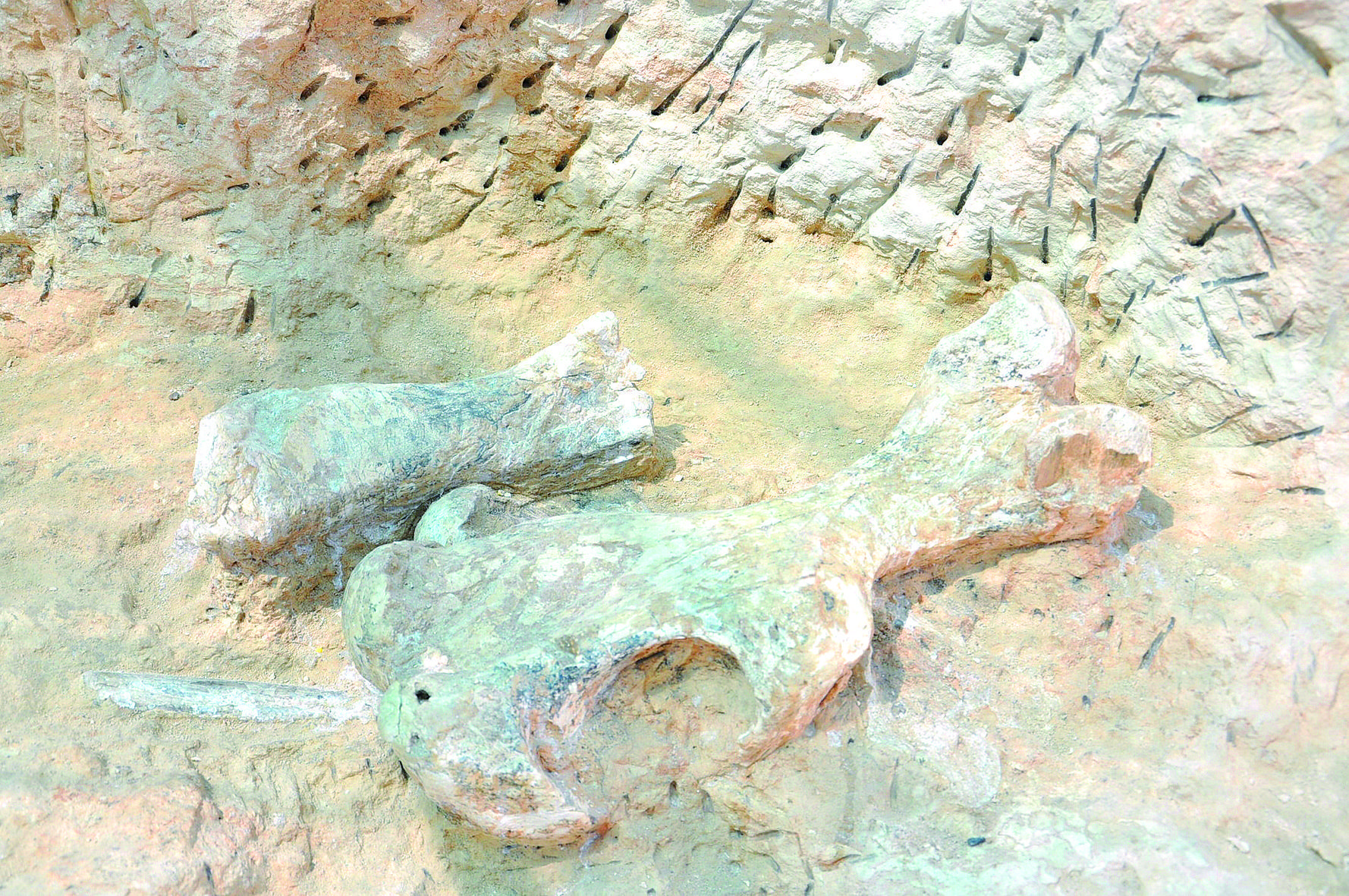 “We will extend this year’s work into a five-year process because fossils come one after the other and it seems that it will take a long time,” Başoğlu said. “We have also carried out excavations that started with a cabinet decision in Sofular. This work started at the same time, and we want to continue simultaneously. We will finish work in Gülşehir and Yaylacık and move to Sofular.”
“We will extend this year’s work into a five-year process because fossils come one after the other and it seems that it will take a long time,” Başoğlu said. “We have also carried out excavations that started with a cabinet decision in Sofular. This work started at the same time, and we want to continue simultaneously. We will finish work in Gülşehir and Yaylacık and move to Sofular.”Başoğlu said the fossils were delivered to the Nevşehir Museum Directorate for registration and then taken back for cleaning.
She said they were continuing scientific work on the fossils. “Their species should be determined Later on, we will display [them]. If possible, we want to display these fossils in an open-air environment.”
